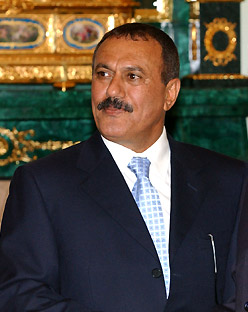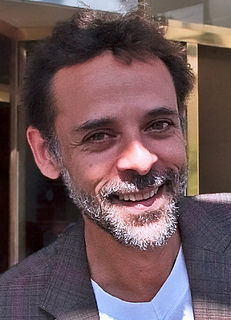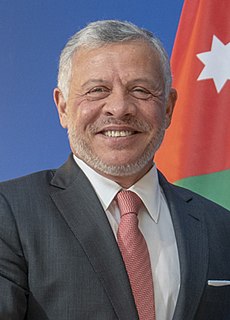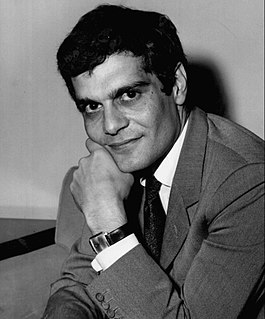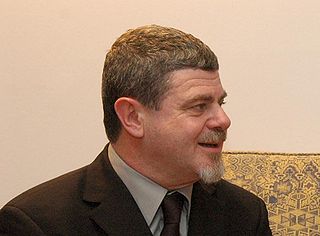A Quote by Molly Antopol
It was tricky [to write about Israelis], because everyone has an opinion about the Arab - Israeli conflict, and when I first started writing these stories, I was working for an Arab - Israeli human rights group. It was during the Second Intifada. It was this totally violent and intense time, and I think there's a part of me where I don't know how to write about that situation without getting my politics out of my messages, and that's something that was important for me not to do in this book.
Related Quotes
I think the Arab world has no personality cult situation going on that they have in much of the Western world, South America included. They are a culture of words and religion, and you won't see manycsa charismatic people on Al Jazeera, except for the ones who are now learned presenters. You see Arab leaders getting on TV - which was very hard for me working out how to do the part, since Arab leaders are looking somnambulant, staring into their microphone, almost as if someone's got a hand up their back.
You can write about a country without taking a stand, but you cannot write about a country without noting that there's history, and that there's politics going on. To me, that's the same if you write about America. You don't have to write about politics, but the politics have to be present in the characters.
About a year after (my stories began being published), magazine editor George Scithers, suggested to me that since I was so new at being published, I must be very close to what I had to learn to move from fooling around with writing to actually producing professional stories. There are a lot of aspiring writers out there who would like to know just that. Write that book.SFWW-I is that book. It's the book I was looking for when I first started writing fiction.
It's funny - for a long time, I didn't know I was writing a book. I was writing stories. For me, each story took so long and took so much out of me, that when I finished it, I was like, Oh my gosh, I feel like I've poured everything from myself into this, and then I'd get depressed for a week. And then once I was ready to write a new story, I would want to write about something that was completely different, so I would search for a totally different character with a different set of circumstances.
People write about getting sick, they write about tummy trouble, they write about having to wait for a bus. They write about waiting. They write three pages about how long it took them to get a visa. I'm not interested in the boring parts. Everyone has tummy trouble. Everyone waits in line. I don't want to hear about it.
Actually, my first group was a folkloric group, an Argentine folkloric group when I was 10. By the time I was 11 or 12 I started writing songs in English. And then after a while of writing these songs in English it came to me that there was no reason for me to sing in English because I lived in Argentina and also there was something important [about Spanish], so I started writing in Spanish.





